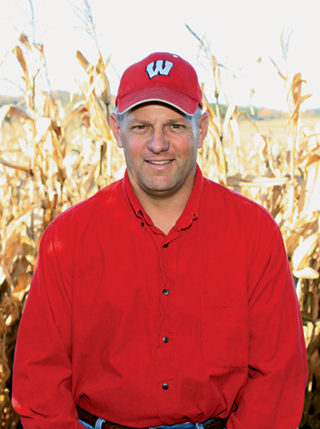Advertise Follow Us
Jim Leverich
No-Till Farmer's Conservation Ag Operator Fellow for 2022, Jim Leverich is a no-till farmer near Sparta, Wis. His 1,000 acre-farm has been in his family since 1864 and no-tilled since 1984. An innovator and educator, Leverich has 35-plus years of no-till and on-farm research experience, and possesses a deep, practical understanding of what makes no-till work. For his contributions while at the University of Wisconsin Cooperative Extension Service, Leverich was named the No-Till Innovator of the Year (Research & Education category) in 2006. A talented presenter and writer, Leverich was a regular guest columnist for No-Till Farmer in 2011 when it earned the Gold Medal as the nation’s top newsletter from the American Society of Business Press Editors.
ARTICLES
Looking Deeper: Do New Ideas Fit My No-Till System?
‘Get With The System’ To Fine-Tune Seed Selection
Locate, Correct Compaction For More No-Till Success
Fall Scouting With The Drought In Mind
Handling Residue Challenges In Ultra-Narrow Rows
Emerging Tools For Evaluating Soils Could Change How You Farm
Fix Little Things To Boost Combine Performance
Fine-Tune Yield Monitors To Get More Out Of Harvest
Top Articles
Current Issue
No-Till Farmer
Get full access NOW to the most comprehensive, powerful and easy-to-use online resource for no-tillage practices. Just one good idea will pay for your subscription hundreds of times over.
5 Takeaways After 35 Years of No-Tilling
How Weeds Handle the Drought
5 Ways No-Till, Covers Hold Soil Moisture
Must Read Free Eguides
Download these helpful knowledge building tools
- How No-Till Improves Your Land Value
- 5 Pillars for No-Till Farming Effectively, Efficiently
- Making the Precision Basics Even Better with Implement Guidance
- Focusing on Smarter, Sustainable Fertilizing Strategies






